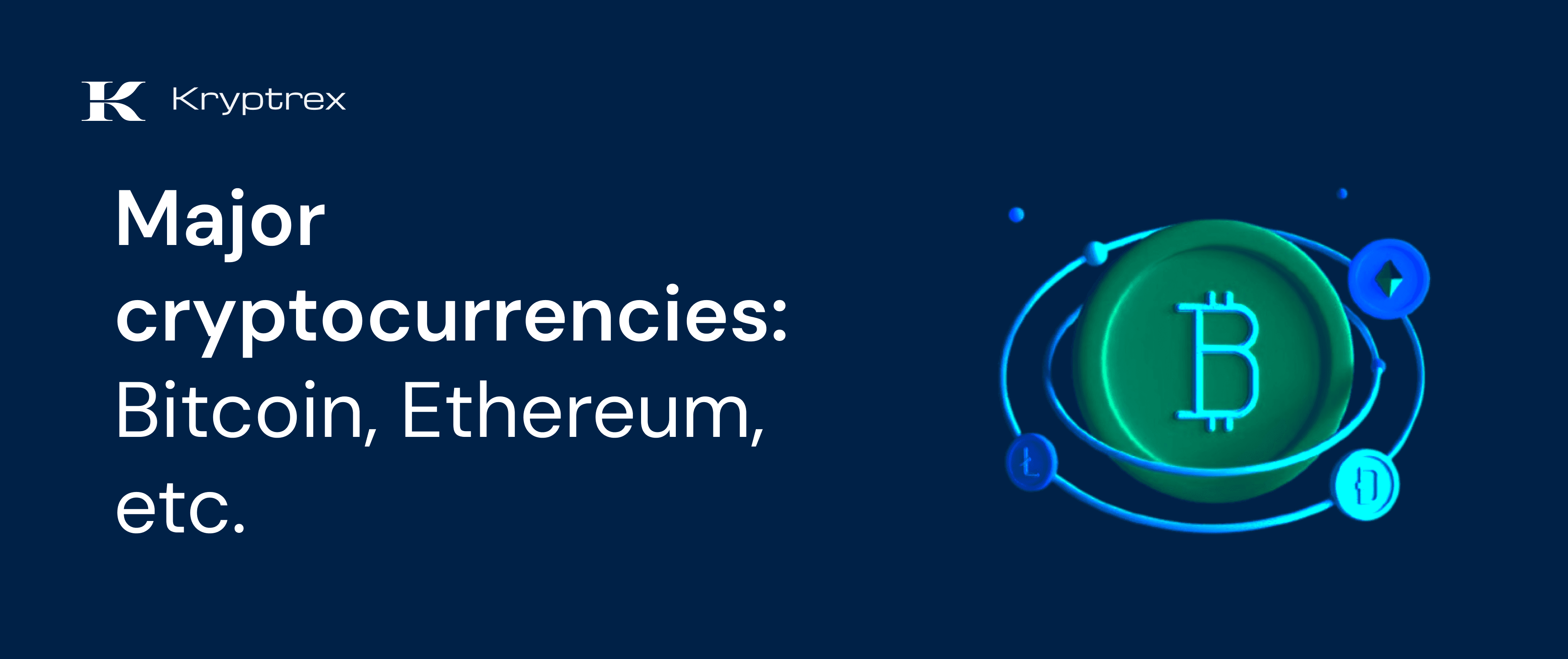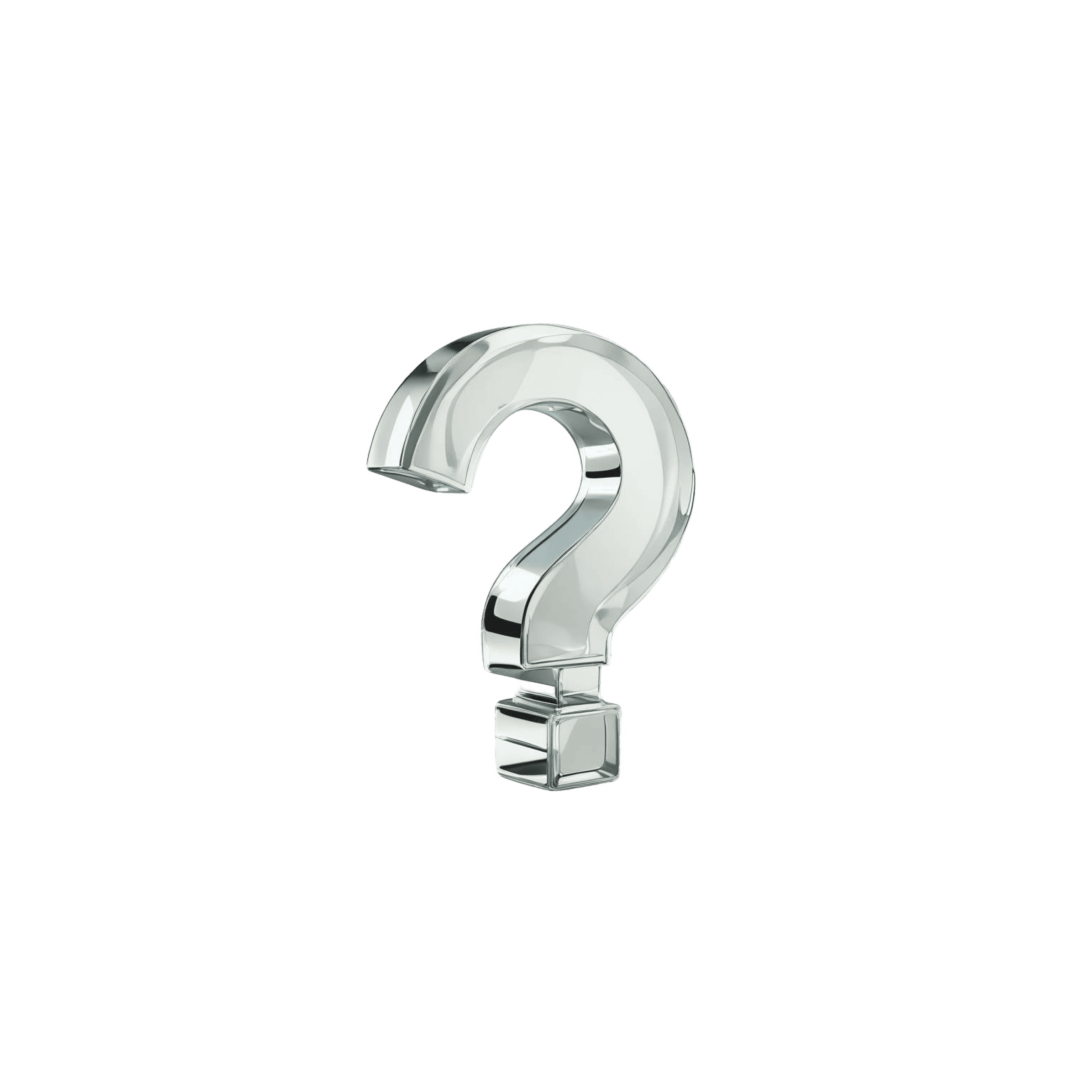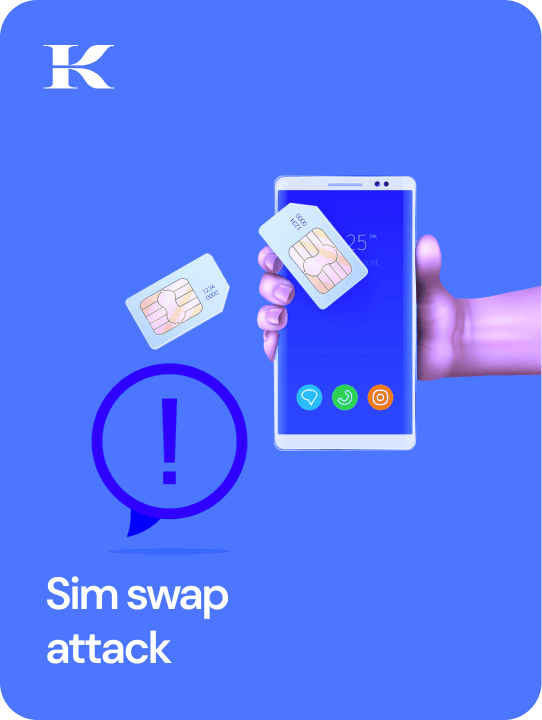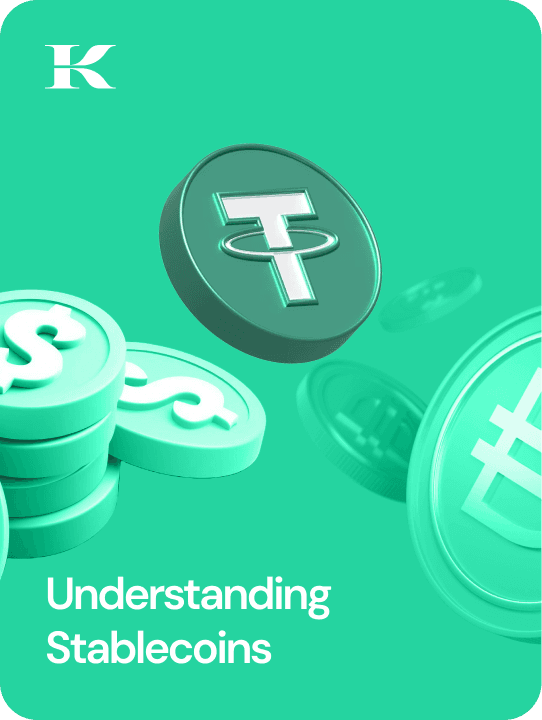Sep 17, 2024
Education
Blockchain
Bitcoin
Understanding Bitcoin, Ethereum, and Altcoins: A Beginner's Guide
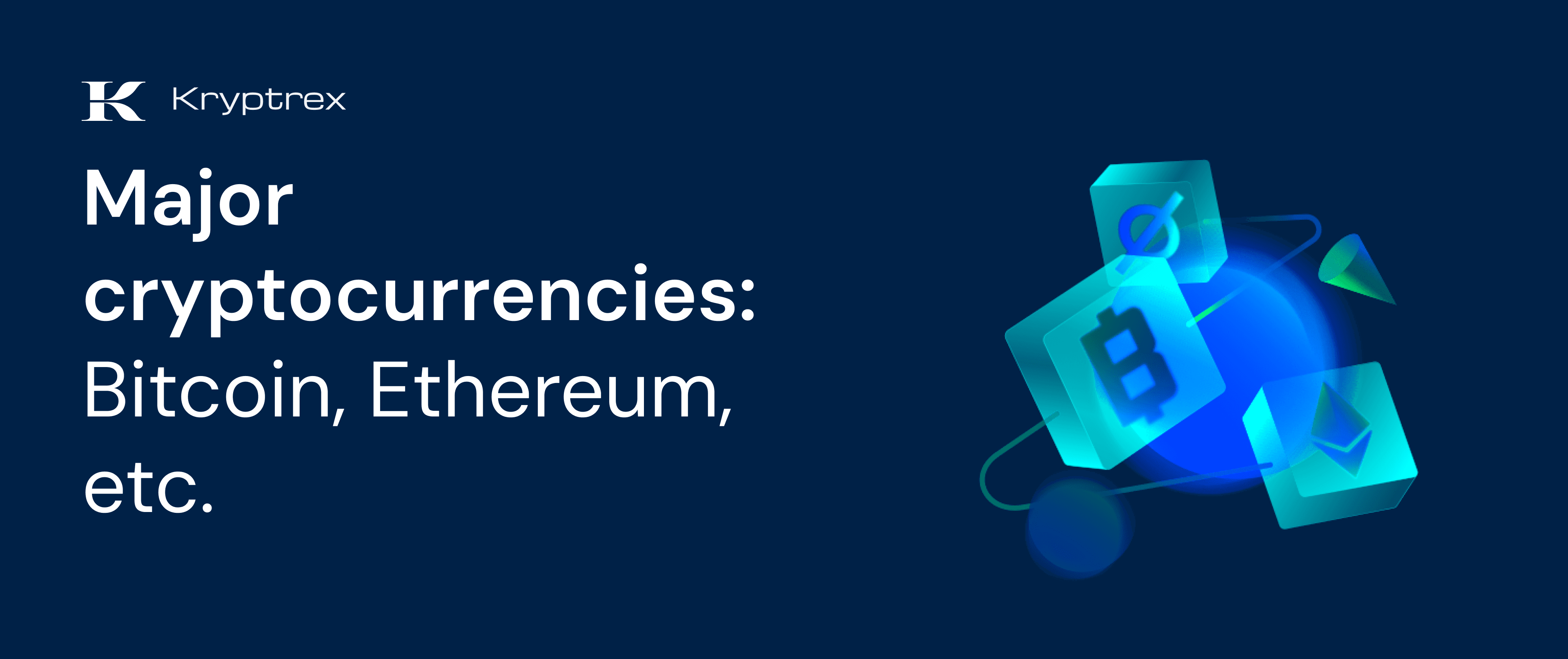
Understanding Bitcoin, Ethereum, and Altcoins: A Beginner's Guide
You’re sitting at a vibrant street café in Port Harcourt, Nigeria. The hustle and bustle of the city surrounds you, with the lively hum of conversations and the aroma of spicy bolè wafting from nearby food stalls. The sun is setting, casting a golden hue over the bustling scene. You sip on your chilled zobo drink and turn to me, curious. “So, what’s the deal with Bitcoin, Ethereum, and these ‘altcoins’ I keep hearing about?”
You’ve been hearing the buzz about crypto for a while, but what exactly is it? Let’s break it down in a way that makes sense—starting with Bitcoin.
Bitcoin: The OG of Crypto
Think of Bitcoin as the trailblazer. It’s like the gold of the crypto world—except, instead of digging it out of the ground, you mine it digitally.
Bitcoin is designed to be digital money that no one controls—no governments, no banks. It’s just code running across a network of computers.
Imagine a giant, global ledger where every transaction is recorded. But here’s the twist: instead of one person (like your bank) keeping the ledger, everyone who’s part of the Bitcoin network has their own copy. Every time you send or receive Bitcoin, it’s broadcasted to the whole network, and everyone updates their copy of the ledger. No one’s in charge, but it's secure and open to anyone—that’s decentralization at its finest.
It’s like a bunch of people playing Monopoly, but instead of a single banker controlling the money, every player writes down the transactions on their own notepad. Every time someone buys a property, everyone records it so no one can cheat.
How does it work?
When you send Bitcoin, you're broadcast a transaction to be verified by miners. These miners solve complex mathematical problems to confirm the transaction, which is then added to the blockchain, making it immutable.
Supply Limit: There will only ever be 21 million Bitcoins. That scarcity is part of why people consider Bitcoin as "digital gold."
Transaction Time: Bitcoin transactions can take around 10 minutes to confirm due to its design. It’s secure, but not the fastest compared to newer cryptos.
How to Invest in Bitcoin
Set Up a Wallet: Download a Bitcoin wallet like Trust wallet, Coinbase, Exodus, or Ledger if you want cold storage (physical hardware).
Buy Bitcoin: You can buy BTC from exchanges like Coinbase, Binance, or Kraken. Simply sign up, deposit your local currency, and purchase Bitcoin, for NIgerians buying directly from our trade desk
Store Safely: Transfer your Bitcoin to a wallet, preferably a cold one for security.
Usage in the Real World:
Bitcoin is accepted by a growing number of retailers, both online and in physical stores. Some companies, like Tesla, briefly accepted Bitcoin, and major online retailers like Overstock allow purchases with it. However, its most common use today is as a store of value, like an investment that people hold for the long term.
Why do people hold Bitcoin? Besides the whole “no middleman” thing, it’s also because there’s a limit—only 21 million Bitcoin will ever exist. It’s like owning a rare piece of digital art that can’t be duplicated. Scarcity drives the value.
Now that we’ve covered Bitcoin, the foundation of the crypto space, let’s move to Ethereum, which adds a whole new layer of functionality.
Ethereum: The Smart Contract Wizard
If Bitcoin is like digital gold, then Ethereum is the app store of the crypto world. Created by a brilliant mind named Vitalik Buterin, Ethereum is more than just digital money. It’s a whole platform where people can build decentralized applications (dApps).
Think of Bitcoin as a calculator—it’s great at one thing: calculating. Ethereum, on the other hand, is more like a smartphone. Not only can it calculate, but you can also build apps, games, and tools on it.
The real magic behind Ethereum is something called “smart contracts.” These are self-executing contracts where the terms are directly written into the code. Imagine if, instead of going through a lawyer or an escrow service to sell your car, you just put the agreement into a smart contract. Once the buyer sends the payment, the ownership of the car is automatically transferred. No middleman needed. It's like having a vending machine for agreements: put the money in, get the goods, no questions asked.
How It Works
On Ethereum, instead of just sending tokens (like you do with Bitcoin), you can create decentralized applications (dApps) that automatically run based on coded rules. Smart contracts ensure there’s no need for trust or intermediaries.
Ether (ETH): Ether is the cryptocurrency that powers Ethereum. It's used to pay for transactions and computational services on the network.
Gas Fees: Whenever you execute a transaction or run a dApp, you need to pay a gas fee, which compensates miners for verifying the transaction. Gas fees can spike when the network is overloaded, because miners prioritize transactions with higher fees during busy times.
How to Invest in Ethereum
Set Up an Ethereum Wallet: Apps like MetaMask, Trust Wallet, or hardware wallets like Ledger can store ETH and interact with dApps.
Buy ETH: Similar to Bitcoin, you can buy Ether on exchanges like Coinbase, Binance or Kryptrex
Use dApps: You can explore decentralized finance (DeFi) apps like Uniswap to trade crypto, or OpenSea for buying and selling NFTs, all using Ethereum.
Usage in the Real World: Ethereum is the backbone of DeFi (Decentralized Finance), enabling loans, trading, and earning interest without needing a bank. It's also the home of NFTs (Non-Fungible Tokens), with platforms like OpenSea allowing users to buy and sell digital art, collectibles, and more.
Altcoins: The Wild West of Crypto
Altcoins are simply any cryptocurrency that isn’t Bitcoin. If Bitcoin is the Coke of the crypto world, then altcoins are everything from Pepsi to your local shop soda.
Some of them are trying to be “better” versions of Bitcoin or Ethereum. Others have entirely different goals, like faster transaction speeds or privacy-focused networks.
For example, Litecoin (LTC) is like Bitcoin’s faster cousin. It was created to process transactions faster than Bitcoin, with a block time of 2.5 minutes (vs. Bitcoin's 10 minutes). Think of it as Bitcoin, but with a turbo button for faster payments.
Then there’s Cardano (ADA) and Polkadot (DOT), which are like Ethereum’s rivals in the smart contract space. They’re trying to improve on Ethereum’s flaws—like it's sometimes slow transaction times or high fees. It’s like Ethereum, but with a smoother ride and fewer bumps.
How to Invest in Altcoins
Choose Your Altcoin: Do your research on platforms like CoinGecko or CoinMarketCap to learn about each altcoin’s utility.
Use Exchanges: Not every altcoin is on Coinbase or Binance, so sometimes you need to find a specialized exchange, like KuCoin or Gate.io.
Store Altcoins: Some wallets, like Trust Wallet or Atomic Wallet, support a wide range of altcoins.
Usage in the Real World: Altcoins can have niche uses. For example, Chainlink (LINK) is popular for connecting smart contracts to real-world data, while Ripple (XRP) is used by banks for faster international payments. Altcoins are a bit more speculative, but some are working on real solutions in industries like supply chain management, gaming, and cloud computing.
But here’s the thing: not all altcoins are created equal. Some have real potential to change industries, and others are...well, not so great. It’s like the startup world—some projects become Uber, while others disappear after a few years. This is why people sometimes refer to the altcoin space as the "Wild West"—full of opportunity, but also full of risks. That’s why it’s crucial to do your research before jumping into any altcoin.
Why Bother With Crypto?
Okay, so now you’re probably wondering, “Why should I care about this stuff?”
Great question.
The reality is, Bitcoin, Ethereum, and altcoins are part of a new financial system. It’s decentralized, meaning there’s no central authority controlling your funds. It’s transparent, so you can see exactly what’s going on with your transactions. And, thanks to cryptography, it’s secure—way more secure than just trusting some random bank with your passwords.
Plus, this tech is still in its early stages. It’s like the internet in the ‘90s—people are still figuring out what it can do, but the potential is huge. Think about how the internet changed communication, shopping, entertainment...crypto could do the same for money, contracts, and ownership.
So, Where Do You Start?
Don’t feel like you need to dive in headfirst and start buying up all the coins. Here’s the simple takeaway: Bitcoin is like the foundation, Ethereum is the innovation layer, and altcoins are the frontier where people are experimenting with new ideas. Start by learning more about them, watch how the space evolves, and if you do decide to invest, do it carefully—like any new tech, there’s excitement, but also a lot of unknowns.
Practical Steps to Start Using Crypto
Investing:
Start small. Buy a bit of Bitcoin or Ether to get comfortable with the concept. Always store your crypto securely. For long-term investments, hardware wallets like Ledger are a solid choice but you can also go with mobile wallets like Trust wallet, MetaMask, Safepal, etc. Only invest what you can afford to lose—crypto is still a volatile market.
Exchanging:
Centralized exchanges (Binance, Coinbase) are easy for beginners but hold your keys. If you want more control, learn about decentralized exchanges (DEXs) like Uniswap or PancakeSwap, which allow peer-to-peer trading without intermediaries.
Interacting:
Get familiar with wallets like MetaMask. You’ll use them to access dApps or buy NFTs. Try lending or borrowing through DeFi protocols like Aave or Compound.
Crypto in the Modern Day
Today, Bitcoin is seen as digital gold—a hedge against inflation and traditional financial instability. Ethereum, on the other hand, powers the new world of decentralized applications, from finance to gaming and NFTs. Altcoins, while more speculative, offer innovations that could shape industries in the future. You’re also seeing crypto used for remittances (sending money abroad cheaply), in-game purchases, and even by tech giants like PayPal allowing crypto transactions. Countries like El Salvador have even adopted Bitcoin as legal tender.
Cryptocurrency is no longer a niche, techy thing. It’s becoming a legitimate financial tool with real-world use cases. From storing value in Bitcoin, to building decentralized apps on Ethereum, to exploring the wild frontier of altcoins, crypto offers something for everyone. Just start slow, educate yourself, and always keep security top of mind.
Crypto is shaping the future, and understanding how it works will keep you ahead of the curve. If you're reading this, then you're already on the right path.
